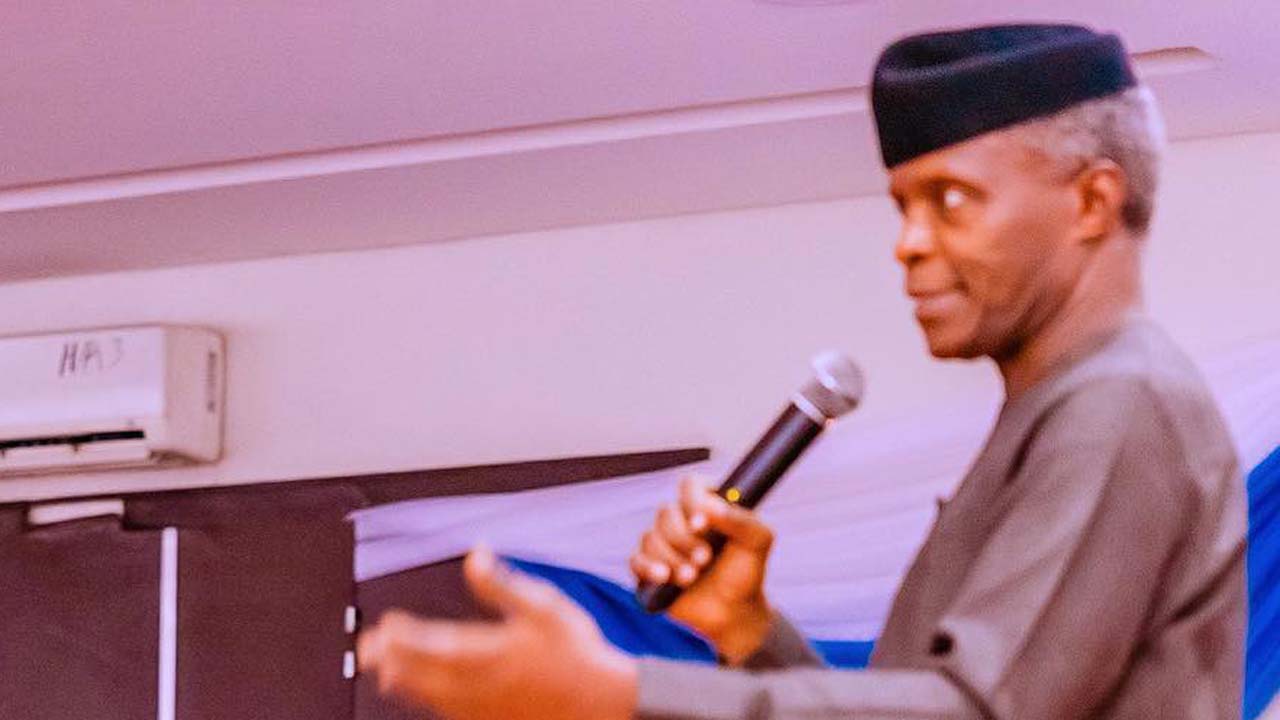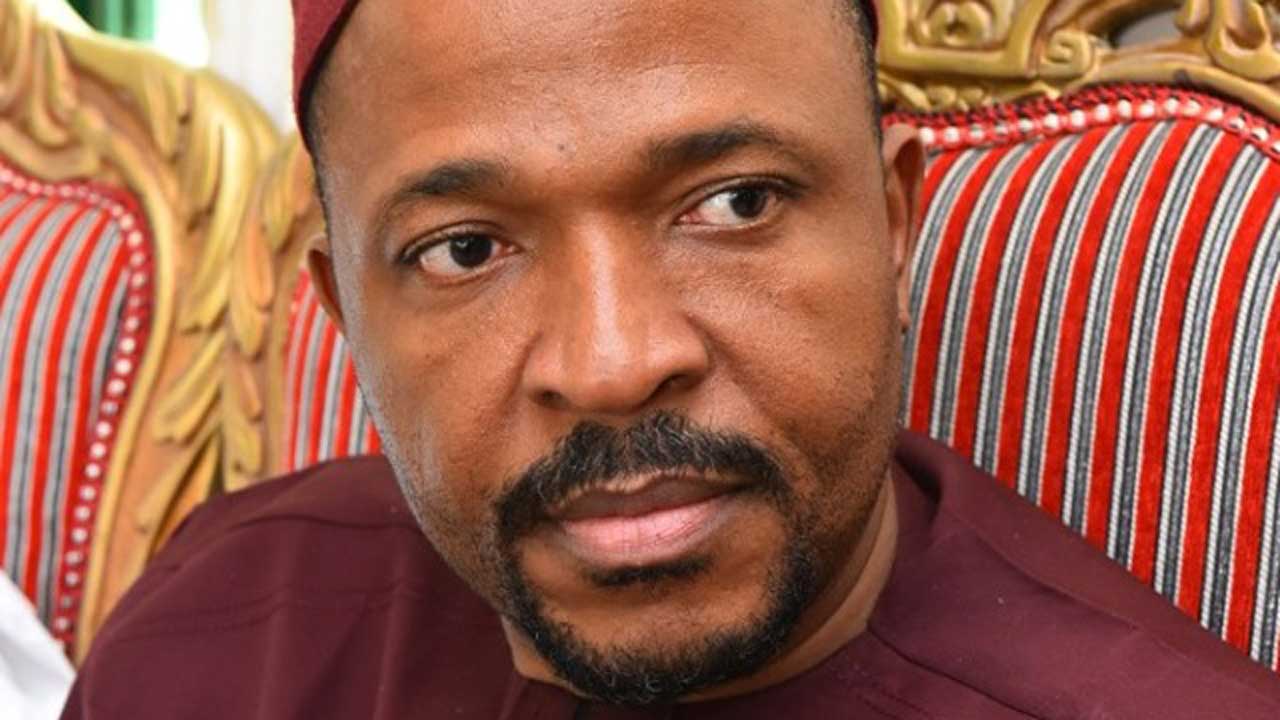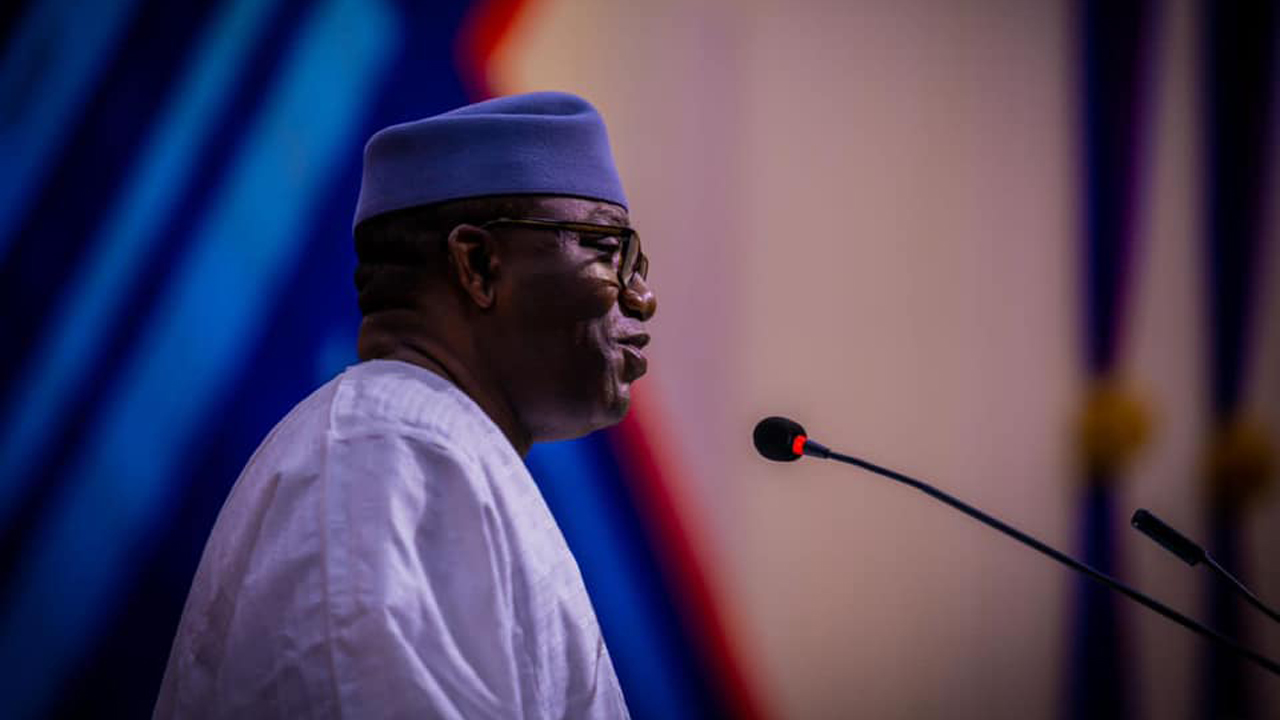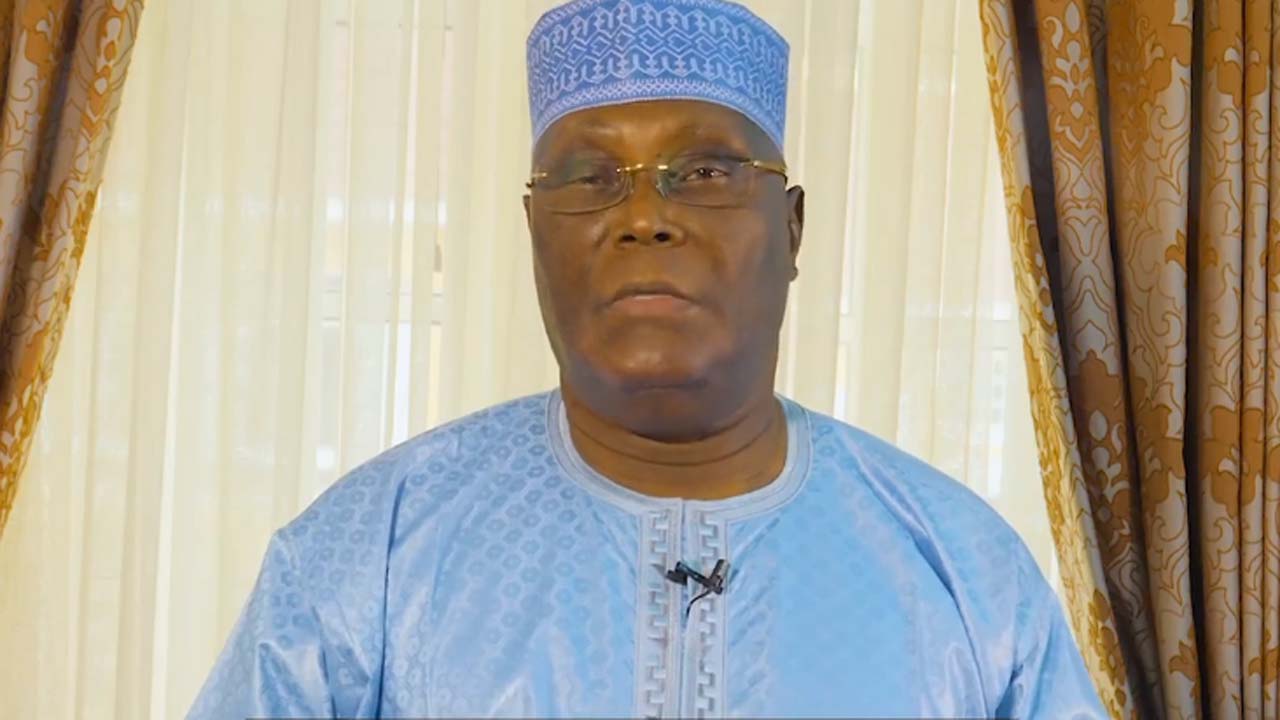Apart from the contentious issue of zoning, there are some crucial red lines limiting the progression of various presidential aspirants. Although it is universally accepted that age is not only a number, but also a matter of the mind, age is among the considerations in the two major political parties-the governing All Progressives Congress (APC) and main opposition Peoples Democratic Party (PDP). The unwritten code seems to be that President Muhammadu Buhari’s successor should not be above 65 years of age.
A Presidential aspirant on the platform of APC, Senator Robert Ajayi Borofice, said the issue of age is not absolute. He said: “I don’t think I am the oldest and age to me is just statistics. As a scientist, you have what is called the calendar age and you have what is called biological age.
“You may be 70 by your calendar age, but by your biological age, you may be 60. You may be 60 by your calendar age, but you may be 70 by your biological age. So, I am 73years old, but I believe that I still have the intellect and the capability of someone, who is between 65 and 70.
“In any case, look at (Joe) Biden, one of the most powerful Presidents in the world, he is 78years and there are many other examples, which I don’t want to cite. Even in Asia, there was a President, who was 80years old.
“So, I don’t think age is an issue, I am sure you are looking at me now, I don’t look like an old man, who has lost his senses. I think that, to me, age is not a barrier.”
Just as Borofice, the two other notable aspirants whose age has been under reference are former Vice President Atiku Abubakar and former Lagos State governor, Asiwaju Bola Tinubu. State governors elected on their party platforms, PDP and APC, as well as other stakeholders hold the view that the two men should take a deserved rest. But, while opposition to Tinubu is strong among APC stalwarts, Atiku has continued to mitigate the impact of age on his ambition.
Recently, a former Cross River State governor, Donald Duke, criticised Atiku’s continued aspiration for the Presidency after 30 years, stressing that quite unlike Abraham Lincoln, who made only two attempts for the United States Presidency, Atiku has been contesting for Nigeria’s Presidency since 1992.
Again, despite the initial grandstanding, back and forth about zoning, the general mood of the country and within the leading political platforms is in favour of electing the next President from the Southern part f the country.
However, as debatable as the issue of age is, there are other salient points being weighed as the two parties get ready to select their standard bearers for next year’s presidential poll.
Some of these criteria include, requisite experience, political clout, alertness and knowledge of crucial issues dogging Nigeria’s socio-economic development. The following are how those odds and circumstances impact on the frontline presidential aspirants in the two parties:

Prof. Osinbajo
AS the incumbent Vice President, Prof. Osinbajo boasts that the hands-on lessons he received these past seven years under President Buhari’s political and governance tutelage put him on a good stead to succeed his principal.
Prior to serving as President Buhari’s running mate, the Professor of Law served as the Lagos State Attorney General and Commissioner for Justice in the administration of Governor Ahmed Bola Tinubu. During that epoch, Osinbajo oversaw the judicial reforms in the state, especially the inclusion of Alternative Dispute Resolution (ADR) component of justice delivery.
Prof. Osinbajo demonstrated the import of rule of law to democracy during his stint as acting President, when President Buhari travelled to the United Kingdom for medical treatment. An outstanding and courageous decision the acting President took in his call of duty was the sack of former Director General of Department of State Services (DSS), Lawal Daura.
The then DG DSS had unleashed masked and armed operatives on the premises of the National Assembly, ostensibly in an overt attempt to ensure a change of the floor functionaries in the life of the Eighth Senate.
Again, during the #StandWithNigeria protests, the acting President, instead of using the coercive institutions of the government, told the protesters, “We hear you loud and clear,” even as he affirmed that things were a little bit hard on citizens.
The #IStandWithNigeria led by the former chairman of Nigeria Human Rights Commission (NHRC), Prof. Chidi Odinkalu, were on the streets protesting against the policies of the Buhari-led Federal Government.
Responding to the anti-government protests, Prof. Osinbajo, through his Media Aide, Laolu Akande, tweeted: “We hear you loud and clear; Ag. President Osinbajo to Nigerians… Ag. President then recalled @MBuhari‘s words: “I know how difficult things are. All my adult life I have always earned a salary.”
The Vice President toured round Nigeria in the course of implementing the social safety net, TraderMoni and commissioning of some projects and programmes of the administration, thereby expanding his political clout, especially name and face recognition across the country.
Osinbajo’s political incubus is the public perception that his Presidency would represent an extension of the Buhari years and its attendant sufferings. The law profession is also being criticised for not putting words across to his Principal when certain policy decisions that were clearly against the masses were taken. But some say that being a vice is not same as holding the reins.

AS Minisster of Transportation, Chibuike Amaechi handled one of the signature projects of the Buhari administration. He was also Director General of President Buhari Campaign Organisation on two occasions, namely the 2015 and 2019 General elections.
He was Chairman, Nigeria Governors’ Forum (NGF), which brought together all the 36 state governors of the federation for peer review and intervention in social economic affairs of the country. Before mounting the saddle as Governor of Rivers State, Amaechi served two terms as Speaker of the Rivers State House of Assembly.
The former Minister, who turned 57 recently used the occasion of his declaration for Presidency to run round the Adokie Amasiemeka Stadium, Port Harcourt, in public demonstration of his physical health and agility to discharge the onerous burden of Presiding over the affairs of multi-ethnic federal republic of Nigeria.
In the eyes of most Nigerians, Amaechi’s decision to embark on the Abuja-Kano-Katsina-Maradi Rail line was merely to humour President Buhari at the expense of the Port Harcourt-Enugu-Makurdi-Maiduguri or Eastern corridor Rail line. His present undoing is the railway bombing by terrorists and poor handling of the fallouts.
 Dr. Emeka Nwajiuba
Dr. Emeka Nwajiuba
NWAJIUBA is one of the acolytes of former Senate President, the late Chuba Okadigbo. He holds a Ph.D in Law. After practicing for years, Nwajiuba joined the All Peoples Party (APP) on which platform he contested and won the Okigwe North federal constituency seat for the House of Representatives.
Nwajiuba served as chairman, House Committee on Lands, Housing and Works.
In 2003, 2007 and 2011, he unsuccessfully contested the Imo State governorship. As part of the merger committee of legacy political parties that formed APC, Nwajiuba was Secretary of Constitution drafting committee that produced the party’s constitution.
Between 2017 and 2019, Nwanjiuba served as chairman of Tertiary Education Trust Fund (TETFund), from where he contested and won the Okigwe North Federal Constituency election to the House of Representatives on the platform of Accord Party (AP), after some misunderstanding with Governor Rochas Okorccha.
His stay in the Green chamber was however cut short, after President Buhari nominated him as Minister of State for Education. Nwajiuba would be 55 by August 20.
On the strike action by the Academic Staff Union of Universities (ASUU), Nwajiuba pleaded with the striking lecturers to resume academic work in the interest of youths, stressing that his children were also victims.
Not minding his claim of being indirectly affected, Nwajiuba is being taunted by the deplorable state of university education in the country, especially the prolonged ASUU strike action on the educational development of Nigerian youths. Apart from his strong links to Buhari, his broad pan-Nigerian outlook is suspect.

GOVERNOR Fayemi made history in 2014, when he conceded defeat to Ayo Fayose in the gubernatorial poll. Instead of subjecting the election to judicial scrutiny, Fayemi congratulated the winner and lived to fight another day.
The following year, his party defeated PDP and Fayemi got so close to the then President-elect, General Muhammadu Buhari, to the extent that in some of their foreign travels before the inauguration and appointment of a cabinet, Fayemi was said to be crafting the President-elect’s speeches.
He was later appointed the Minister for Solid Mineral Development. That opening helped Fayemi to have a deeper involvement in the governance at the federal level. However, in the year 2018 he contested the governorship of Ekiti and secured a second term in office.
Having been re-elected governor, Dr. Fayemi was also elected as chairman of NGF, thereby making him first among equals in the comity of 36 state governors of the federation. On his way to joining partisan politics, Dr. Fayemi founded the Centre for Democracy and Development for advancement of democracy and promotion of human security in Africa.
Very knowledgeable on governance and developmental issues, Fayemi may not have the reach to singlehandedly touch all the four corners of the Nigeria’s complex political structure. The NGF he heads has lost verve and influence. And he cannot bank on the Southwest zone either.

NYESOM Wike has the support of some state governors elected on the platform of PDP for the party’s Presidential ticket. In anticipation of his Presidential ambition the Rivers State governor engineered the removal of the former national chairman of the party, Prince Uche Secondus, ostensibly to avoid his state and South/South geopolitical zone occupying the position while chasing the Presidential ticket.
59-years-old Wike served as council chairman of Obio/Akpor Local Government Council, before going ahead to serve as Chief of Staff to the Government House in the administration of Rotimi Amaechi.
Also before defeating Dr. Dakuku Peterside in the Rivers State governorship poll in 2015, Wike served as Minister of State for Education and later acting Minister for Education in the administration of President Goodluck Jonathan.
As governor, Wike was nicknamed Mr. Projects for his infrastructure development efforts in Rivers State. The Rivers State governor is among the advocates for paradigm shift in the leadership selection for the country.
His brash and bullish approach, instead of being a conciliator are baggage that the Rivers State governor contends with.

BY July 19, Obi turn 61 years of age. He is a businessman-turned politician, having been engaged in trading before joining partisan politics. He was Chairman of Guardian Express Mortgage Bank Ltd and Guardian Express bank Ltd. Obi is reputed as the youngest chairman of Fidelity Bank Plc.
In 2003 Obi contested Anambra State governorship election on the platform of All Progressives Grand Alliance (APGA), but was rigged out by PDP’s Chris Ngige. After three years of rigorous litigation, Obi reclaimed his mandate and was sworn into office on March 17, 2006.
After serving a second term in office, Obi went back to his business and continued with his philanthropic activities, especially intervention in schools and hospitals.
In 2019 former Vice President Atiku Abubakar selected Obi as his Presidential running mate in their eventful but unsuccessful run for the Presidency.
Last Month Obi declared his interest to contest the 2023 Presidential election, even as he continues to complain about the state of Nigeria’s economy. The former Anambra State governor was in No 10 Downing Street, the sit of United Kingdom government, where he conferred with the British Prime Minister, Boris Johnson.
Five years ago, Obi was also in United States of America, where he met with former House of Representatives Speaker, Paul Ryan. Apart from demonstrating his clout as a global citizen, Obi has been using his foreign travels to draw attention to the grave economic situation of the country.
Despite his international connections and knowledge in comparative economic development indices, Obi is seen as an outside in PDP politics. His penny-pinching habit tends to ostracise him from mercantilist politics. But going from a known platform (PDP) to a relatively unknown others could further limit his reach, despite social media ratings.

AS the son of former Senate Leader, Dr. Bukola Saraki has achieved a blend of Executive and Legislative experience. He was elected governor of Kwara State in 2003 after serving as Special Adviser to President Olusegun Obasanjo. In 2011 he was elected to represent Kwara Central Senatorial District in the Senate and in 2015, on his second term emerged as President of Senate.
What appears the snag about Saraki’s aspiration to be President, his geopolitical background, could as well play to his advantage. While he is North Central, his roots are usually well connected to Southwest. He is perhaps, the most urbane and flexible in terms of blending Nigeria’s complex structure.
He had a turbulent tenure as President of Senate in President Buhari’s first term, when he plotted and appropriated the selection process out of the hands of a docile party leadership. That audacity caused him to sweat as state orchestrated probes dragged to the Code of Conduct Tribunal (CCT), for discrepancies in his asset declaration forms when he served as governor. He triumphed.
Perhaps, a concerned northern establishment might juggle the cards to favour his middle ground orientation.

HE is about the only veteran Presidential contender in the race. Much of what is known about Alhaji Atiku Abubakar runs throw his civil service years in the Department of Customs and Excise. When he joined partisan politics after retiring from Customs, Atiku received tutelage from Gen Shehu Musa Yar’Adua’s Peoples Trust (PT).
It was by virtue of his membership of the Yar’Addua political grouping that Atiku launched into national political limelight. His aspiration to be President in 1993 was eventful, but not successful. He paid the price of loyalty and reaped from it in 1999, when Nigerian regained the path of Presidential democracy.
As the Vice President under the mercurial Olusegun Obasanjo, Atiku failed to imbibe the psychological lessons of a blank cheque, as he used the opportunity of Obasanjo’s first term in office to hastily initiate plans for his eventual bid for the Presidency. He acted too fast.
Although Obasanjo reluctantly retained him on the Presidential ballot for the 2003 poll, the spat between the two leaders left a lot of political scars on the former Vice President. The perception of corruption and disloyalty still hovers around the Wazirin Adamawa.
Maybe, this is a good time for him to redeem himself.

IN normal times, Asiwaju deserves the free reins to be what he wants to be, Nigeria’s president. He is the most formidable of all the aspirants. In terms of political experience, only Atiku comes close, given Asiwaju’s robust grassroots penetration in his Southwest stronghold. His staying power is attested to by the fact that he has been around since the failed Third Republic, when he was elected into the Senate. He was elected twice as governor of Lagos, Nigeria’s wealthiest and most cosmopolitan state.
Tinubu is a creator of wealth and harvester of talents. He is the number one politician in the country with the most disciples. With sufficient experience in state administration and management of men and resources, many would admit it’s time for Tinubu to move up. And that is exactly what he wants to do, except that the slippery nature of national politics may be his weakness. Those who should come to his aid and reward his investments may find plenty excuses to look elsewhere.
That is not news. The late Sage and political leader of the Southwest was the most prepared for national leadership among the politicians of his era. But he didn’t get there. However, if matters were left for market forces to determine, Tinubu remains a great force.



